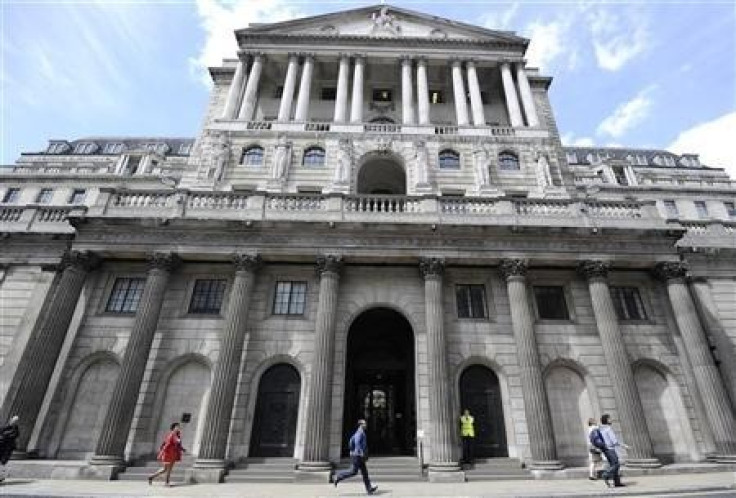Bank of England Holds on QE, Key Rate Amid Patchy Recovery

Bank of England policymakers have held off of increasing their £375bn stimulus programme and kept the key rate steady at its record-low of 0.5 percent at their November meeting.
The rate-setting monetary policy committee (MPC) is expected to extend quantitative easing (QE) by £50bn in the coming months, but some members have indicated that they want to see how much impact their two credit easing schemes have on the British economy first.
Under the stimulus programme, called the asset purchase facility, the Bank buys up gilts from the market in order to improve liquidity.
"It is likely that some recent positive economic data and deepening scepticism within the MPC about the effectiveness of further gilt purchases, has tipped the balance in favour of keeping policy on hold this month," said Anna Leach, head of economic analysis at the Confederation of British Industry.
"Though we expect a modest pick-up in economic momentum through 2013, further QE remains on the table should conditions deteriorate, particularly if ongoing risks in the global economy remain unresolved."
The Bank's two credit easing schemes, launched in early summer, offer financial institutions cheap loans in an effort to encourage lending to the real economy of consumers and smaller businesses, by increasing the amount of affordable credit.
A credit crunch is perceived as one of the major reasons the economy is struggling to recover from the financial crisis.
Britain's economy bounced back by 1 percent in the three months to the end of September after three quarters of the longest double-dip recession since the Second World War.
A positive base effect helped bloat the GDP figure after anomalous lost output from an additional public holiday for the Queen's Diamond Jubilee weighed on the headline figure in the second quarter.
London 2012 also gave the economy a slight lift in the third quarter.
Despite exiting recession, there are signs at the beginning of the year's final quarter that this apparent rebound is a mirage in the UK's economic desert.
Private industry data from the service sector, which represents around three quarter of the whole economy, showed growth slowing to near zero in October.
Similar research for the manufacturing and construction sectors also paints a glum picture ahead of Christmas.
Construction is heading for a "long, dark winter" according to industry researcher Markit, as manufacturing continues its decline.
© Copyright IBTimes 2024. All rights reserved.






